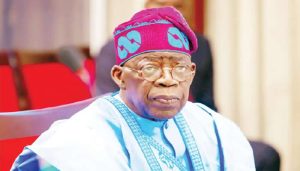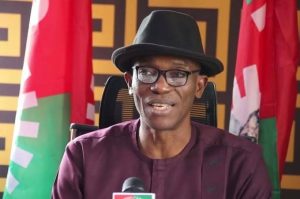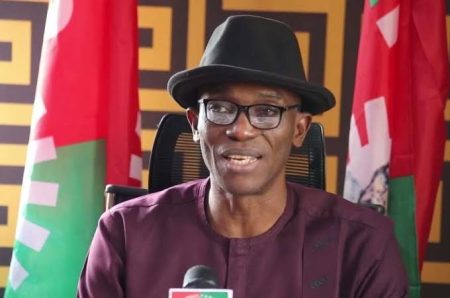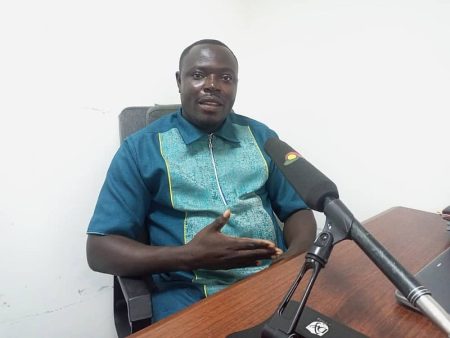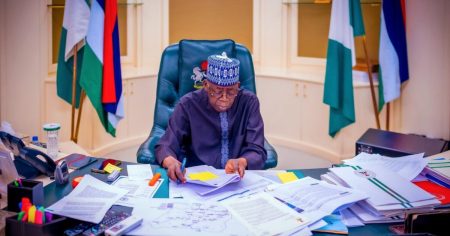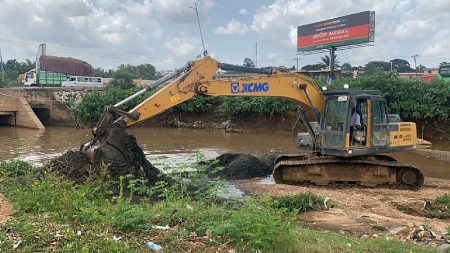Dr. Stephen Amoah, the Member of Parliament for Nhyiaeso and former Deputy Finance Minister, has launched a critique against the National Democratic Congress (NDC) for what he perceives as a selective and misleading narrative surrounding Ghana’s recent economic performance. He accuses the NDC of attempting to claim credit for the strengthening of the Ghanaian cedi while simultaneously deflecting responsibility for the persistent challenges plaguing the energy sector, specifically the recurring power outages. Dr. Amoah contends that this selective approach to economic analysis paints an incomplete and unfair picture of the current situation, failing to acknowledge the significant contributions of the previous New Patriotic Party (NPP) administration.
Central to Dr. Amoah’s argument is the assertion that the cedi’s recent stability is a direct result of policies implemented by the NPP, not the NDC. He highlights two key factors contributing to the cedi’s resurgence: firstly, the reforms in cocoa syndication which, under the NPP, were restructured to retain more foreign exchange earnings within Ghana’s domestic banking system. This domestication of cocoa syndication, according to Dr. Amoah, ensured that hundreds of millions of dollars, previously paid to foreign entities, were instead channeled to Ghanaian banks, bolstering the nation’s dollar reserves and contributing to the cedi’s stability.
Secondly, Dr. Amoah points to the NPP’s strong fiscal management as a crucial factor in stabilizing the cedi. He contends that prudent fiscal policies, focused on maintaining a healthy primary balance and trade balance, fostered investor confidence, both domestically and internationally, further strengthening the currency. He argues that these foundational economic policies, implemented during the NPP’s tenure, created a stable environment for the current administration’s economic successes. Dr. Amoah criticizes the NDC’s attempts to decouple the current positive economic indicators from the preceding NPP administration’s policies. He stresses that the NDC cannot selectively claim credit for the cedi’s recovery while simultaneously distancing themselves from the ongoing energy crisis. He maintains that a fair assessment of the economic situation necessitates acknowledging both the positive and negative aspects inherited from the previous administration.
Dr. Amoah further emphasizes the NPP’s role in laying a solid foundation for economic growth, a foundation that he argues enabled the approval and funding from international institutions like the International Monetary Fund (IMF). He points to the significant GDP growth achieved in the last quarter of 2024 under the NPP, exceeding the growth rate inherited in 2016. This growth, he insists, was a direct result of fiscal discipline maintained throughout 2023 and 2024, a discipline that was instrumental in securing approval and funding from the IMF and other global partners. He asserts that without the NPP’s commitment to fiscal responsibility, Ghana would not have been able to access the crucial financial support received from international bodies.
Furthermore, Dr. Amoah dismisses claims that the current administration’s perceived fiscal restraint is a deliberate policy choice, arguing that it’s simply a consequence of the ongoing government transition. He suggests that the reduced spending is not a reflection of a carefully crafted fiscal strategy but rather a byproduct of the time required to establish new government structures and appoint officials. He contends that attributing the current spending patterns to deliberate fiscal discipline is inaccurate and misrepresents the reality of the transition period. He argues that the new administration is simply not fully operational yet, and therefore, any observed spending restraint is circumstantial, not strategic.
In conclusion, Dr. Amoah maintains that the current positive economic indicators, including the cedi’s stability, are largely a result of the groundwork laid during the final stages of the NPP’s tenure. He accuses the NDC of unfairly claiming credit for these gains while simultaneously deflecting responsibility for lingering challenges like the energy crisis. He reiterates the importance of acknowledging the interconnectedness of economic policies and the lasting impact of previous administrations’ decisions. He believes a comprehensive and honest assessment of the current economic situation requires acknowledging the contributions of both the current and previous administrations, recognizing both successes and ongoing challenges. He concludes that attempting to isolate the current economic performance from the policies and groundwork laid by the preceding NPP administration is not only misleading but also undermines a thorough understanding of Ghana’s economic landscape.


